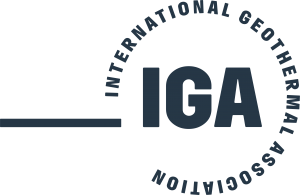Novel Productivity Enhancement Concept for a Sustainable Utilization of a Geothermal Resource – The H2020 SURE Project
By Thomas Reinsch, German Research Centre for Geosciences, Potsdam, and the SURE Consortium
Radial Water Jet Drilling (RJD) is a common technology to stimulate oil and gas wells in sedimentary formations. Within the EC funded Horizon 2020 project SURE (Novel Productivity Enhancement Concept for a Sustainable Utilization of a Geothermal Resource) the radial jet drilling technology was investigated and tested as a method to increase performance of insufficiently performing geothermal wells.
The technology: Radial jet drilling uses the power of a focused jet of fluids, applied to a rock through a coil inserted in an existing well. This technology is likely to provide much better control of the enhanced flow paths around a geothermal well and does not involve the amount of fluid as conventional hydraulic fracturing, thereby reducing the risk of induced seismicity considerably. RJD shall be applied to access and connect high permeable zones within geothermal reservoirs to the main well with a higher degree of control compared to conventional stimulation technologies.
A European consortium of geoscientific and applied technical research institutions, specialized universities, a dedicated technology provider and a geothermal company investigated the technology over various spatial and temporal scales ranging from short term laboratory experiments to field scale applications.
The results show that RJD is an innovative stimulation technology with a high potential for geothermal applications, but there are some technical challenges that need to be addressed in future work.
Related publications and more information about the SURE project are available on the project website https://www.sure-h2020.eu/publications.
Contact: thomas.reinsch@gfz-potsdam.de Detailed scientific results will be presented at the World Geothermal Congress 2020 in Reykjavik.
Set-up of RJD technology


Reproduced from Reinsch & Blöcher 2016.
SUREhas received funding from the European Unions Horizon 2020 research and innovation programme under grant agreement No.654662.





